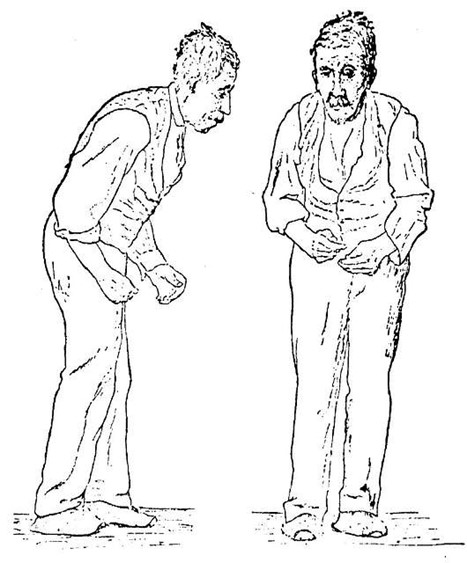Detecting Hidden Dangers: Signs of Internal Bleeding
Internal bleeding is a medical emergency that occurs when there is bleeding inside the body, away from the surface. Unlike external bleeding, internal bleeding can be challenging to detect as it doesn’t manifest visible signs. Understanding the symptoms of internal bleeding is crucial for timely intervention and potentially life-saving treatment. In this blog post, we will explore the various signs that may indicate the presence of internal bleeding.
- Abdominal Pain:
One of the most common symptoms of internal bleeding is abdominal pain. The severity and location of the pain can vary, ranging from a dull ache to sharp, intense pain. If you experience persistent, unexplained abdominal pain, it’s essential to seek medical attention promptly.
- Weakness and Fatigue:
Internal bleeding can lead to a decrease in the body’s blood supply, resulting in weakness and fatigue. If you suddenly feel unusually weak, dizzy, or exhausted without a clear explanation, it could be a sign of internal bleeding.
- Changes in Skin Color:
As internal bleeding causes a reduction in blood volume, it can lead to changes in skin color. Pale or cool skin may indicate a lack of oxygenated blood reaching the skin’s surface. Bluish discoloration, particularly around the lips and nail beds, may also be a sign of inadequate oxygenation.
- Low Blood Pressure:
A sudden drop in blood pressure can be indicative of internal bleeding. This may result in:
- dizziness
- lightheadedness
- fainting
If you experience any of these symptoms, especially in conjunction with other signs, seek emergency medical attention.
- Swelling and Bruising:
Internal bleeding may cause swelling and bruising at the site of the injury or in surrounding areas. While external bruising is visible, internal bruising might not be apparent immediately. Keep an eye out for unexplained swelling or discoloration.
- Vomiting or Coughing Up Blood:
Blood in vomit or coughed up from the respiratory tract can be a clear sign of internal bleeding. If you notice blood in your vomit or sputum, seek medical help immediately.
- Changes in Mental State:
Insufficient blood supply to the brain due to internal bleeding can lead to changes in mental state, including confusion, disorientation, or loss of consciousness. These neurological symptoms are serious and require immediate medical attention.
- Increased Heart Rate:
The body’s response to internal bleeding may include an increased heart rate as the heart works harder to compensate for the loss of blood. If you notice a sudden, unexplained increase in heart rate, it’s essential to consult a healthcare professional.
See the full scientific article from Very Well Health.
Recognizing the symptoms is crucial for early detection and intervention. If you or someone you know experiences any of the mentioned symptoms, seek emergency medical help immediately. Time is of the essence when it comes to internal bleeding, and early intervention can significantly improve the chances of a positive outcome.




